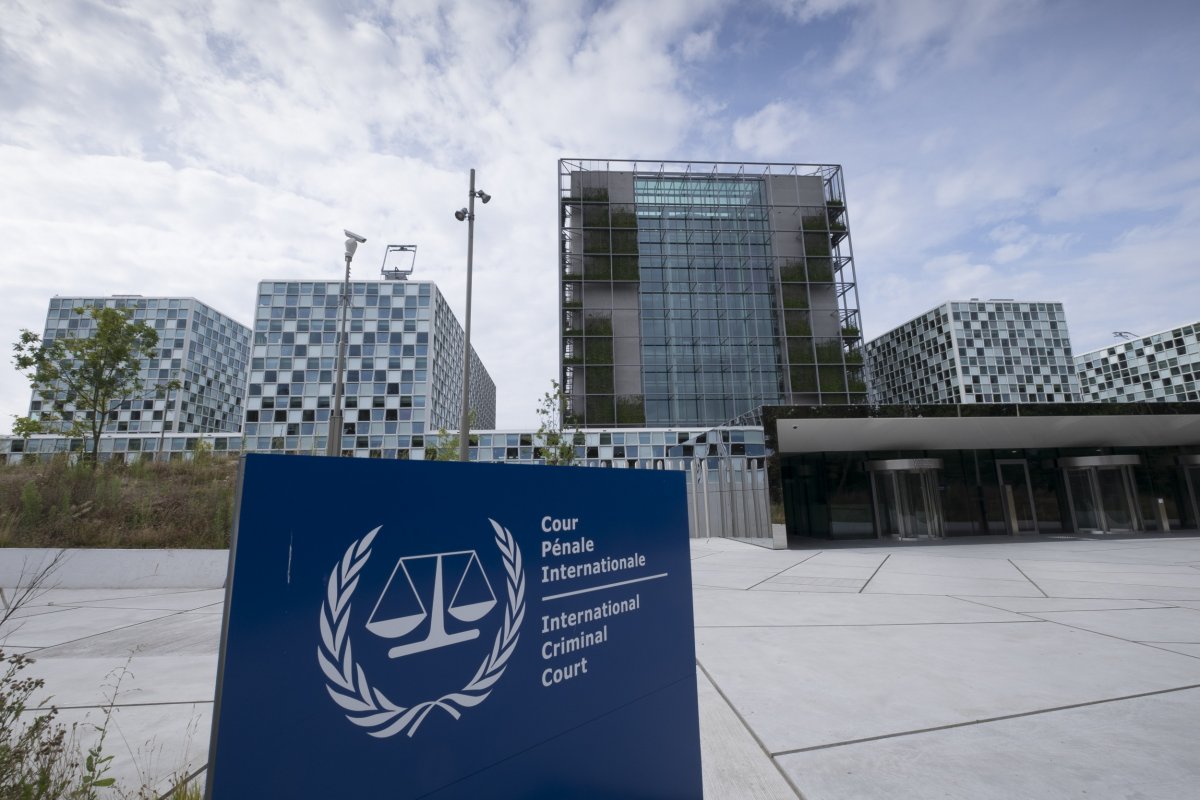Among the many tragic after-effects of Afghanistan's rapid descent back to Taliban rule is the further regress of human rights around the world. The International Criminal Court (ICC), designed to legally address the world's most heinous human rights atrocities, has the duty to bring some small hope to many of the Taliban's victims. If it doesn't squander the opportunity, the court's new chief prosecutor could also start refuting its well-deserved reputation as a paper tiger, rebuild some credibility and clarify the crimes of the Taliban before their reign ossifies again.
The Rome Statute established the ICC in 1998 with the admirable goal of preventing the world's most horrific crimes by having member states pledge to "guarantee lasting respect for and the enforcement of international justice" and to prosecute in instances of war crimes, atrocities, crimes against humanity and genocide. Unfortunately, the institution has fallen laughably short of its mandate. To date, the court has spent more than $2 billion and yielded just 10 successful convictions and four acquittals, all of which were related to African countries.
Despite all its claims to the contrary, the court has become riddled with politicking, and chronically fixates on America and Israel. In contrast, the former chief prosecutor's statement that she might complete a case regarding Russia and Georgia by the end of 2020 has been neglected. China's well documented genocide against its Uyghur population has been left untouched, just as the court has not failed to take any action on massive human right violations by the Maduro regime in Venezuela.
Recently, a sensible impulse finally emerged from the court. Kharim Khan—the ICC's recently-installed chief prosecutor—pronounced "I am most concerned by recent reports of escalating violence in [Afghanistan]." When he took office in June, he pledged to improve the court's ailing reputation by taking only its strongest cases to trial. Today, there is no more important case than this.

If Khan is serious about taking on Afghanistan, he faces strong headwinds in the world of multilateralism. In the wake of Donald Trump's isolationist diplomacy, China and Russia have filled leadership gaps in the multilateral system, and are bending it away from American interests. At this point, any resolution on the Taliban's human rights transgressions in the Security Council is out of the question. The U.N.'s Human Rights Council—stacked with countries like Russia, China, Cuba and Pakistan—is equally unlikely to take action.
The hollowing out of international institutions by illiberal governments will undoubtedly make it even more difficult for the ICC to fulfill its mandate, but it will also be more important to do so. The tally of the Taliban's human rights violations continues to grow, with mounting evidence of murders, imprisonments, executions without proper judicial authority, attacks against civilians and more.
Taking on the Taliban's crimes has already been cleared by the court. In 2017, then ICC Chief Prosecutor Fatou Bensouda requested authorization to initiate an investigation into alleged war crimes and crimes against humanity in relation to the armed conflict in Afghanistan since 2003, when Afghanistan became an ICC member state. On March 5, 2020, the court approved the ICC prosecutor's application to investigate alleged crimes committed in Afghanistan, allegedly by the Taliban, Afghan National Security Forces and United States military and Central Intelligence Agency (CIA) personnel.
In April, Biden lifted sanctions on the ICC without negotiation after the Trump administration imposed sanctions due to their investigation of American forces, some of whom had already been tried in the U.S. Likewise, after the ICC announced its investigation in March 2020, the Afghan government said it would conduct its own probe into alleged crimes and asked the ICC to defer its investigation.
The ICC is a court of last resort that only steps in where national courts are neither willing nor able to investigate international crimes. Now, with the Taliban ruling the country, any "government probe" into the alleged crimes would be laughable. Instead, remaining evidence of the most heinous crimes in the country will likely be occluded or destroyed.
The opportunity for the ICC to rule on the Taliban's atrocities may seem to have closed, even if the court is finally mulling over addressing the Taliban's heinous actions. But if Karim Khan and his court had any sense, they would stop fixating on a handful of American cases, and focus on doing what they can to hold the Taliban to account for their historic crimes before their rule solidifies again. Sensible rulings from the ICC at the outset of the Islamic Emirate of Afghanistan 2.0 could help the international community understand the criminals it will be dealing with. This is a pivotal test for the court's deterrence capabilities of mass atrocities. Failure to act will lead to the quick deterioration of the ICC and Afghanistan.
Ivana Stradner is a Jeane Kirkpatrick Visiting Research Fellow at the American Enterprise Institute where her research focuses on the intersection of international law and security.
The views expressed in this article are the writer's own.
Uncommon Knowledge
Newsweek is committed to challenging conventional wisdom and finding connections in the search for common ground.
Newsweek is committed to challenging conventional wisdom and finding connections in the search for common ground.
About the writer
To read how Newsweek uses AI as a newsroom tool, Click here.








